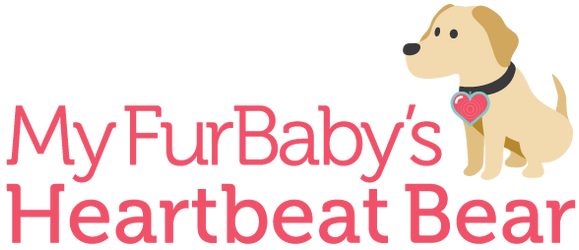
Is Your Lawn Killing Your Pet?
The EPA estimates that over 90 million pounds of pesticides are applied to yards across America every year. This leads to hundreds of thousands of pets exposed to harmful insecticides, toxins, and chemicals. The ASPCA reports it receives tens of thousands of phone calls from the families of these animals, all with concerns and in need of help for their pets.
The chemicals that most homeowners choose to use outside are linked to cancer in both humans and animals. These chemicals can also be tracked into the home by shoes, paws, and fur. It seems a bit crazy to have a lush, green yard that is dangerous to walk on.
Fossil fuels such as natural gas and coal are paired with fast acting chemicals and synthetic fertilizers and spread over the entire lawn to treat and prevent weeds and promote grass growth. Most lawn companies spray the entire lawn even when there is no need. This over-treatment then causes pesticides to travel into the waterways triggering unsafe algae blooms and contaminated water. It also causes earthworms and healthy microbes in the soil to die.
A study published in July 2013 looked at urine samples of dogs from 25 households to determine whether chemicals entered their systems after they were applied to lawns. Chemicals were detected in the urine of dogs from 19 of the 25 households examined following pesticide application.

Non-Chemical Lawn Options
Knowing that calcium is the most important mineral for healthy grass, organic and natural-minded pet owners suggest the following options for lawn care:
Lime
Lime is calcium oxide, made from pulverized limestone, and raises the pH of the soil, which lowers the acidity. The best way to determine whether your soil needs lime is to test its pH. The target pH level of turf grass is between 6.2 and 6.5, so if your soil has a lower pH, an application of lime will help.
Gypsum
Gypsum is a mineral consisting of hydrated calcium sulfate. If the soil pH is high, gypsum helps reduce it. It helps correct compacted soil, helps soil retain water, and replaces excessive sodium with calcium and sulfur to boost plant growth.
For a natural weed killer, considering mixing up vinegar, salt, and a bit of Dawn dish soap. This will kill anything and everything, so be careful where you spray it; you don’t want to kill you flowers!
For a pre-made fertilizer option, look into Milorganite. It is one of the oldest branded fertilizers on the market and has been used on family lawns and gardens for over 90 years without harming children and pets. It is non-toxic and contains no pesticides. It is composed of heat-dried microbes that have digested the organic matter in wastewater.
To learn more about pets and pesticides:
Pesticide Action Network of North America
Pets and Pesticide Use Topic Fact Sheet; National Pesticide Information Center





Leave a comment